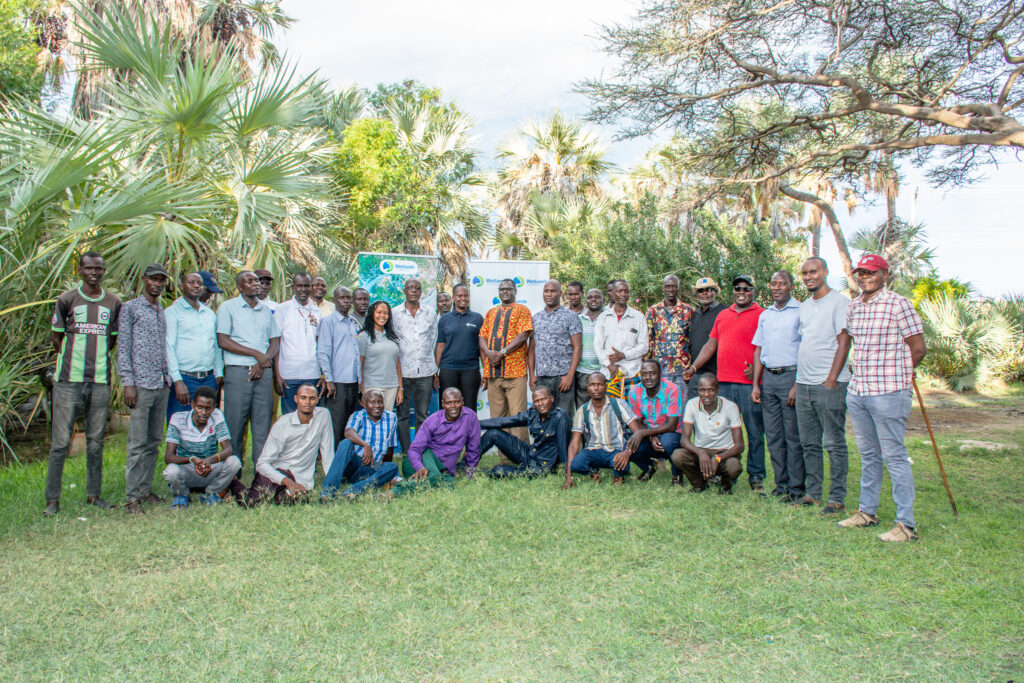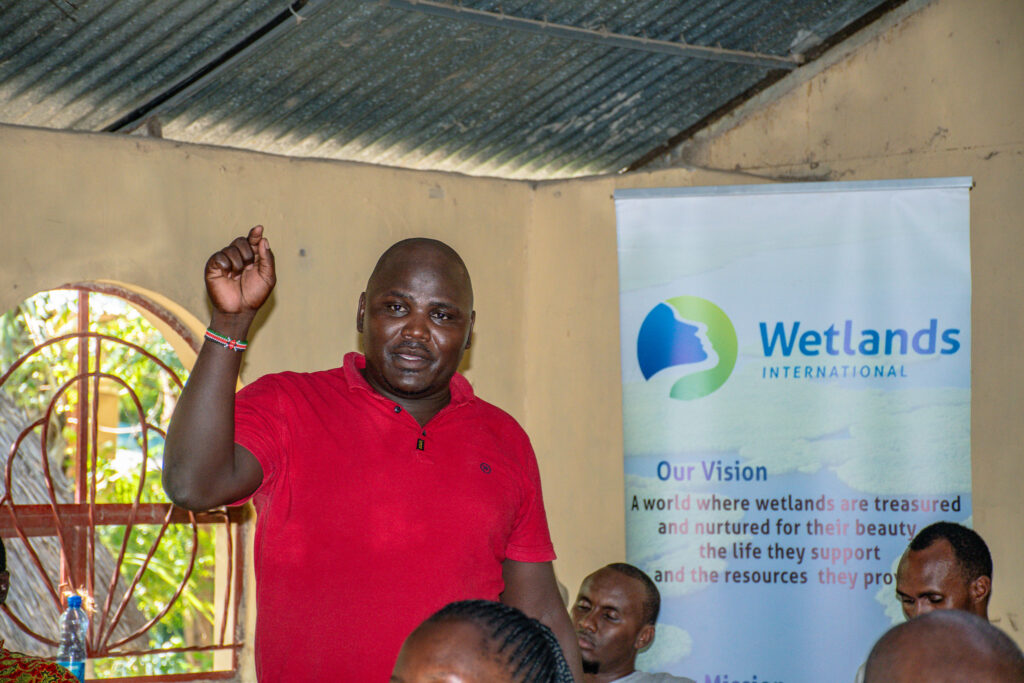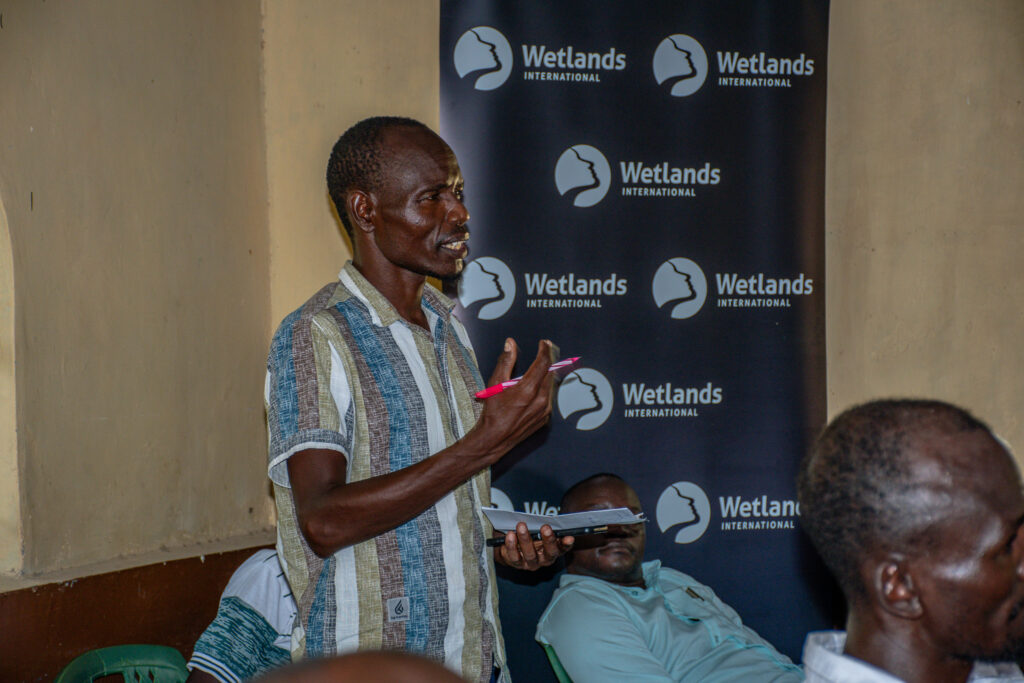
Turning Water into a Force for Peace
Lake Turkana is more than a lake. It is a lifeline. Stretching 250 kilometres and shared by Kenya and Ethiopia, it sustains communities, supports fisheries, and nurtures unique ecosystems. But it has also been a source of tension. Competition over fishing grounds, illegal fishing practices, and conflicts between neighbouring communities have long threatened both livelihoods and peace.
Wetlands International Eastern Africa through its Water Peace and Security Project, building on its previous work, including the BMU exchange visits in Marsabit in 2024, has been helping communities turn these challenges into opportunities. Those exchange visits brought together fishermen, BMU officials, county leaders, and government agencies from Turkana and Marsabit. Participants shared experiences, discussed challenges such as illegal nets, insufficient fishing gear, and cross-border conflicts, and began building solutions together. One key outcome was the formation of a Lake Turkana interim BMU committee, a temporary network bringing together representatives from both counties and ensuring fair representation for women and minority groups.
From 8th to 9th May 2025, Wetlands International Eastern Africa hosted the validation workshop for the Lake Turkana Basin BMU Network bylaws, a historic step that formalised the network and turned months of dialogue into action. The workshop brought together stakeholders from Turkana and Marsabit counties, Kenya Fisheries Service, Kenya Wildlife Service, local administration, and BMU officials.
During the workshop, 11 BMU officials were elected, six executive members and five subcommittee representatives covering conflict resolution, monitoring, finance, environment, and sanitation. For the first time, fisherfolk from across counties now have a structured platform to coordinate patrols, manage fishing resources sustainably, resolve disputes, and advocate for their communities.

The network strengthens local ownership, ensures cross-county collaboration, and integrates the voices of communities into decisions about the lake’s future. It builds on lessons from the previous exchange visits, where challenges like rising water levels, inadequate fishing gear, illegal nets, and human-wildlife conflicts were discussed in detail, and practical solutions were drafted. These included improved landing sites and rescue boats, standardized fish markets, and better hygiene practices along the beaches.


With the network now formally validated, Wetlands International Eastern Africa will continue supporting capacity-building, conflict-sensitive fisheries management, and cross-county collaboration. Communities now have the tools, structure, and coordination to protect their livelihoods, conserve the lake’s biodiversity, and foster peace.
Lake Turkana is no longer just a resource to fight over. Thanks to the collaborative work of fisherfolk, BMUs, and Wetlands International Eastern Africa, it is a source of hope, resilience, and cooperation.
